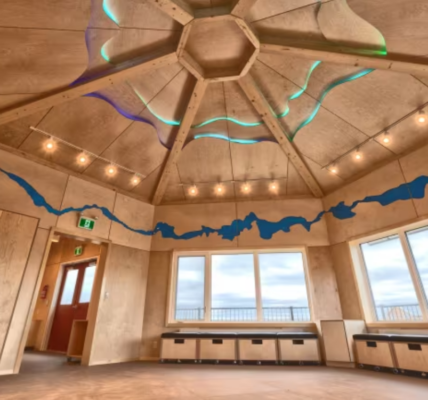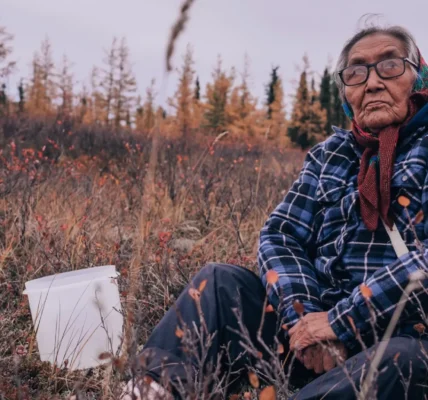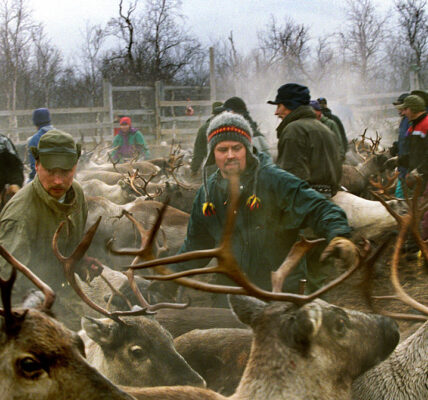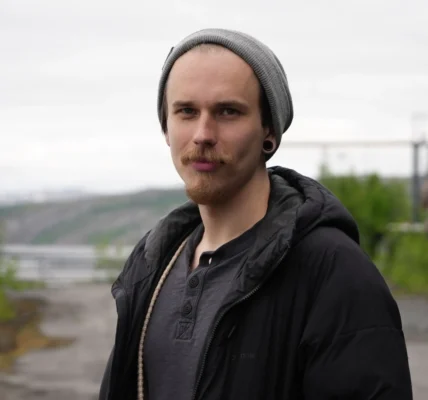The Saami Council publicly criticised the European Union’s new Critical Raw Materials Act following the approval of 47 mining and processing projects across the bloc. In a statement reported by The Barents Observer on April 2, the Council said the policy poses a threat to the Saami people, with several projects located on traditional Saami territory in Arctic Sweden. The statement raised particular concern about the Act’s fast-track permitting system, which the Council argues sidelines the right to free, prior and informed consent. The policy is described as a violation of Indigenous land rights that risks further marginalising Saami communities. (The Barents Observer).
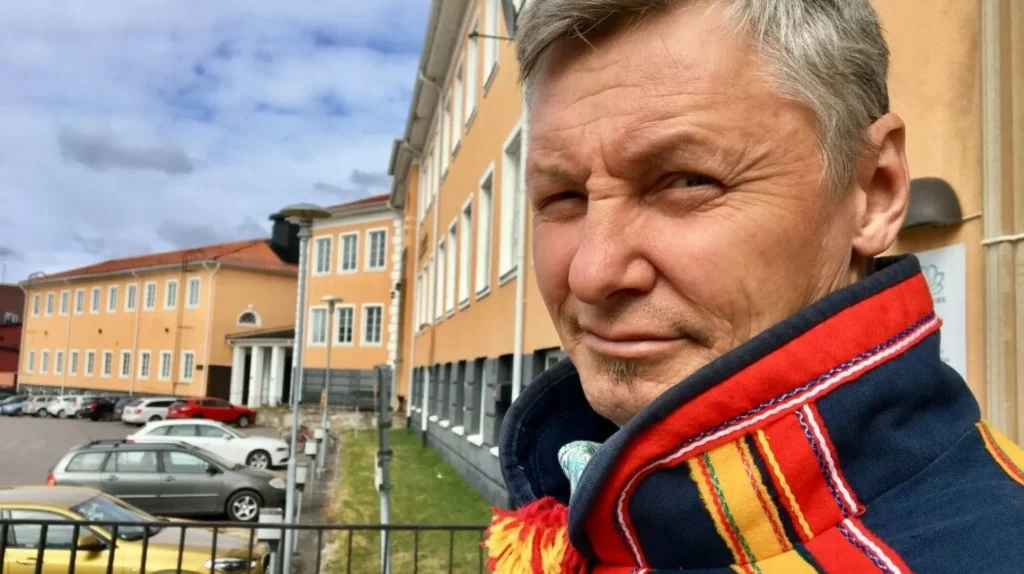
This dispute highlights a growing tension between climate action and Indigenous rights. The E.U.’s plan aims to secure critical minerals, like lithium and other rare earth elements, that are needed to enable a green energy transition and securing resource independence by increasing domestic mining operations. While securing critical minerals is essential for a transition, mining projects in the Arctic could disrupt traditional Saami livelihoods, such as reindeer herding, and damage fragile ecosystems. The controversy, emblematic of “green colonialism,” where the push for renewable energy development comes at the expense of Indigenous rights to land and culture, reflects a broader global challenge to balancing environmental sustainability with social justice.
However, if the E.U. fails to incorporate Indigenous perspectives and knowledge into its raw materials policy, it risks undermining the very sustainability goals it aims to achieve. The Saami Council’s criticism adds to the ongoing conversations over how to ensure that the green transition does not replicate past extractivist models of resource exploitation and colonial harm.

